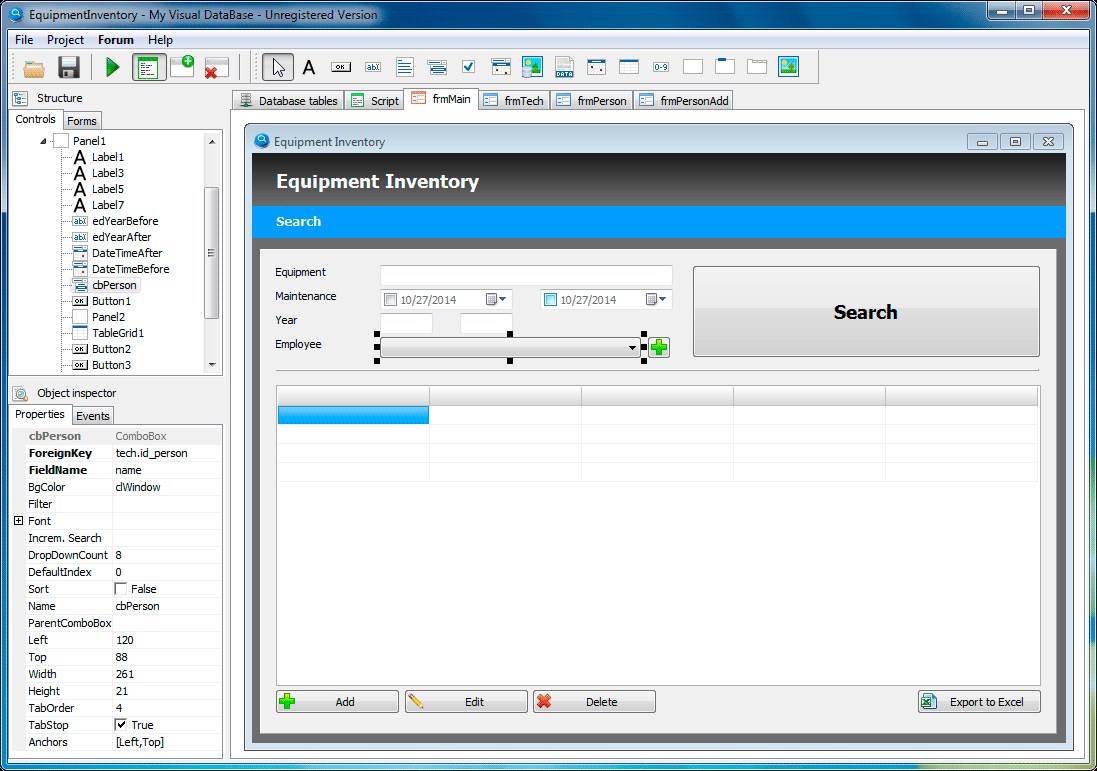

I’ve never managed to set it up to be on par with what CLion offers for C++ development, although I’ve tried). Vim under ssh works for some scenarios, for some it doesn’t, depends on the use case I guess (i.e. I don’t want Microsoft to be the gatekeeper of the platforms that I can develop for.
#Clion vs vscode code#
code-server is a bit more reliable in this regard (it actually does work most places and, if it doesn’t, the code is there for you to port it to your favourite platform), but is a bit more effort to set up. It won’t work on MIPS, SPARC, RISC-V.īecause the extension is proprietary, it’s not enough that VS Code can be built for your target, it must be built by Microsoft and for the remote extension to work. It won’t work on *BSD, OpenSolaris, and so on. It will probably work on other glibc/Linux distros on x86-64 or AArch64 (though see the list of problems lower down). That means that it can target only platforms that are officially supported by Microsoft. The remote extension relies on pulling a VS Code binary from a Microsoft server onto the target and running it headless there. Haven’t tested with a RISC-V Linux, but why wouldn’t it work? I’d rather have a tool that works 80% as well in all cases. A tool that works really well for half of them and doesn’t work at all for the other half adds a big cognitive load in switching.

Most of my development is done on remote systems with a variety of different architectures and operating systems. Killed it as a thing that I could use as my editor. With vscode I have frustrations, but in some way they’re less troublesome because I have fewer options to customize it for myself. Vim had the same problems when I used it. But all that control doesn’t make me any more productive, has a never ending depth of complexity, and still has a set of frustrations. I’ve spent the last two years with increasing depth in Emacs. I realize that limits my control but it also reduces fragility and simplifies my user experience. I’ve personally been coming around to the idea that applications should have configuration set not programmed.
#Clion vs vscode install#
It’s also a reason vscode is great, as getting started with a new tech is usually install an extension from the marketplace and go. My config isn’t much smaller and I, too, am more of a generalist so I understand what you’re talking about.

They could make it a bit better supported but, even though the priority is the gui, I do like the autocomplete in the config. Most people probably never even look at the jsonc file. People using tools that make them more productive, even if they’re not the tools that make me more productive, seems like a promising trend to me.

This does not bode well for the future of computing. That’s quite harsh and if it’s based entirely on someone being young and using tools that you don’t like, it’s also unfair. I seriously wonder what you know about actual code. Now those are all standard features and almost no one uses nvi as their favourite editor (or even vim with syntax turned off). I don’t really get on with the current generation of ML coding assistants but 20 years ago people leveled the same complaints at me for wanting an editor with syntax highlighting (it clutters the screen! You should know what kind of token everything is without it, it makes you read less carefully!) and autocompletion (an excuse for not learning the libraries you’re using properly!) in a code editor. Hopefully most of us leave at least the second half of that state eventually.Īnd now the primary reason you can’t make another editor work for you is an ML coding assistant, We were all young and inexperienced once. Call me a grey beard, but if you just learned to code sometime since VCCode came to dominate the editor market


 0 kommentar(er)
0 kommentar(er)
